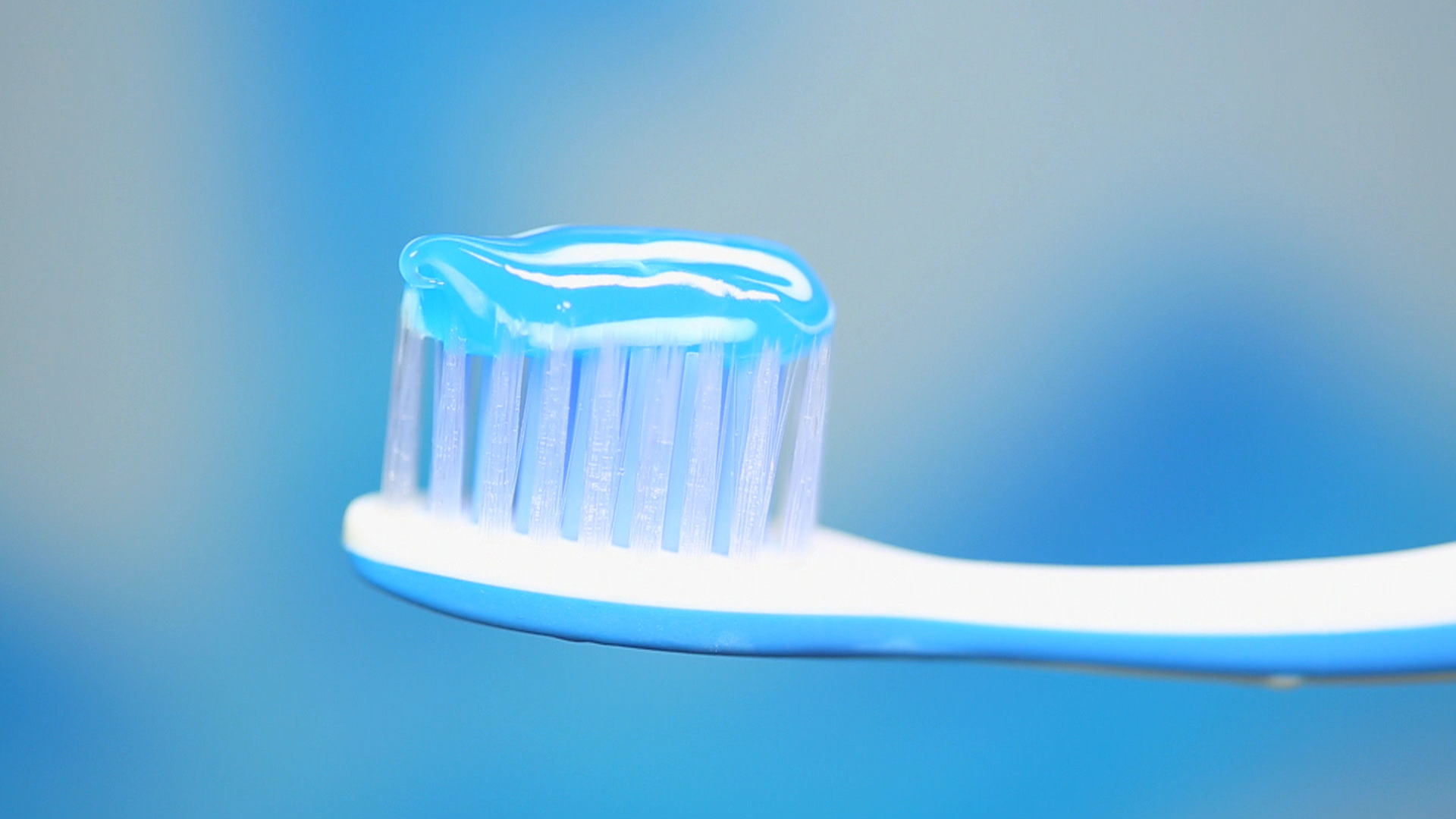42 PERCENT OF CHILDREN will get at least one cavity between ages 2 and 11, and tooth decay is the most common childhood disease. Why is it so common, and what can we as parents do to keep our children’s teeth healthy? Well, before we can fight childhood tooth decay, we have to understand what causes it.
Sippy Cups And Baby Bottle Rot
One of the biggest dangers to a child’s oral health comes from sugary drinks and the way children consume them. Whether the drink is soda, fruit juice, or even milk, the sugars in the drink will feed your child’s oral bacteria and increase the risk of decay. Sugars in drinks become particularly dangerous if a child has access to a bottle or sippy cup that they can keep drinking from over a long period of time, because their teeth are constantly exposed to more sugar.
This is such a common problem that it has actually earned its own name: baby bottle tooth decay, or bottle rot. Now, we aren’t suggesting a total ban on all sugary drinks, but the less time your child’s teeth are exposed to them, the better. Sugary drinks are much safer for teeth when consumed quickly at mealtimes. If a sippy cup or bottle is the only thing that helps your child fall asleep at naptime and bedtime, then the healthiest option for their teeth would be to fill it with water.
Sugary Snacks And Candy
Sugar doesn’t have to be in liquid form to cause trouble for the teeth, which brings us to our next oral health danger for children: snacks. Everything from candy to healthier options like cheese and crackers contains sugar. Every time we eat, our saliva needs at least half an hour to wash away all the remnants of the food, but when children have access to snacks all the time, their mouths never have a chance to recover.
So just like with sugary drinks, it’s best to consume sugary foods during mealtimes instead of nibbling on them throughout the day. Cutting back on treats with the most sugar, like candy, is also a good choice for dental health.
What Parents Can Do
Apart from cutting down on juice-filled sippy cups and sugary snacks, there is a lot that parents can do to ensure that their children remain cavity-free. The most important thing is teach them how to effectively brush their teeth and help them get to a point where it becomes a routine rather than a chore. Giving them a toothbrush and toothpaste they like will make this easier. And don’t forget to teach them about flossing! Also avoid doing things that will spread bacteria, such as sharing spoons or cleaning a dropped pacifier with your own mouth.
Here’s a fun demonstration you can do with your kids to show how soda affects teeth:
https://www.youtube.com/watch?v=jWCU52tjuW0
The Role Of Your Child’s Dentist
Even if you’re already doing everything in this post with your children, sometimes a cavity will still appear. Don’t get discouraged! Everyone’s teeth are different, which is why the final crucial thing you can do as a parent to help your child keep their teeth healthy is bringing them in to see us for cleanings and dental exams!
Keep up the good work raising kids with great oral health!
The content on this blog is not intended to be a substitute for professional medical advice, diagnosis, or treatment. Always seek the advice of qualified health providers with questions you may have regarding medical conditions.






